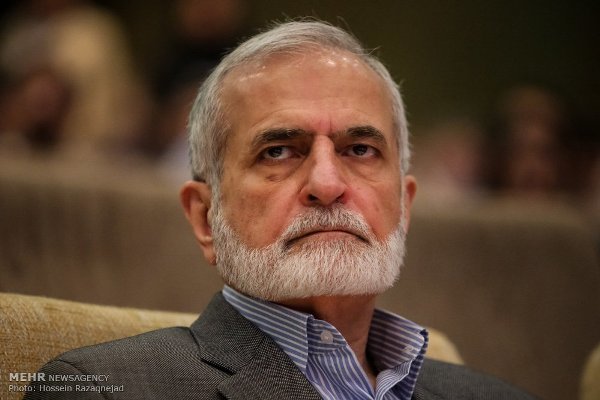Yemen peace talks marks victory for Ansarullah: Kharrazi

TEHRAN - Kamal Kharrazi, chief of Iran’s Strategic Council on Foreign Policy, said on Sunday that the outcome of the Yemeni peace talks in Sweden was a victory for the Ansarullah resistance movement.
Speaking to the Mehr News agency on the outcome of the Yemen talks and Iran’s position, Kharrazi said Tehran welcomes intra-Yemeni talks, noting the dialogue symbolizes “the sovereignty of the Yemeni nation”.
Kharrazi also said it is a victory for the Ansarullah resistance movement that Saudi Arabia, as the leader of the aggressive coalition against Yemen, has finally conceded to peace talks.
After talks in Sweden which lasted for a week, Yemen’s warring parties agreed to a cease-fire in the crucial port city of Hudaydah on December 13.
Kharrazi said, “We hope that the agreements reached during the talks in Sweden would continue to persist.”
The Saudi-led coalition and Ansarullah have agreed to withdraw their forces from Hudaydah, the main conduit for humanitarian aid entering Yemen, and to implement a ceasefire in the surrounding province.
Martin Griffiths, the UN special envoy to Yemen, has told CNN that "the alternative to a ceasefire is horrifying".
In the Sweden talks, representatives from the two sides also agreed to a prisoner exchange involving as many as 15,000 people, and to allow a humanitarian corridor into the city of Taiz, Yemen’s third-largest city. They agreed to meet again in January.
Kharrazi, who was Iran’s foreign minister from 1997 to 2005 under the Khatami administration, said, “It is hoped that it will be the Yemeni people who will make the final decision on the future of their own country.”
The Saudi-UAE coalition, which receives arms and intelligence from the West, invaded Yemen in March 2015 to restore the government of Mansour al-Hadi who had been toppled by the Ansarullah movement months earlier.
However, after nearly four years of incessant attacks, which have caused appalling humanitarian damage, the coalition has failed to achieve the least victory against the resistance movement.
On December 8, the UN said that as many as 20 million people in Yemen were "food insecure," calling the situation the "world's worst humanitarian crisis".
SP/PA
